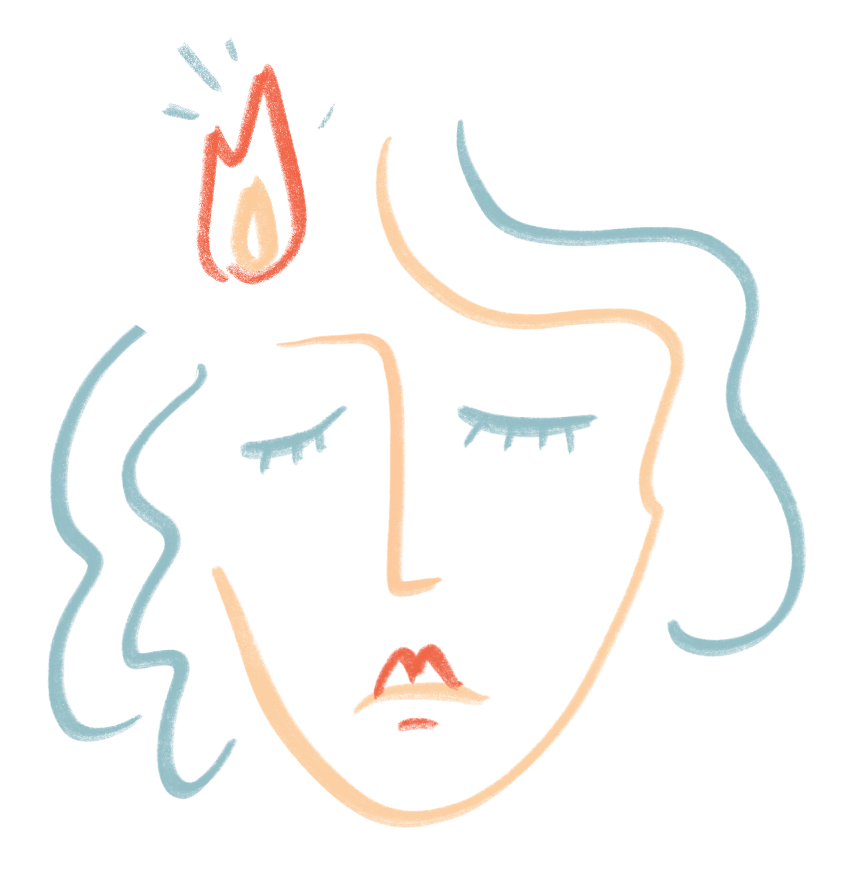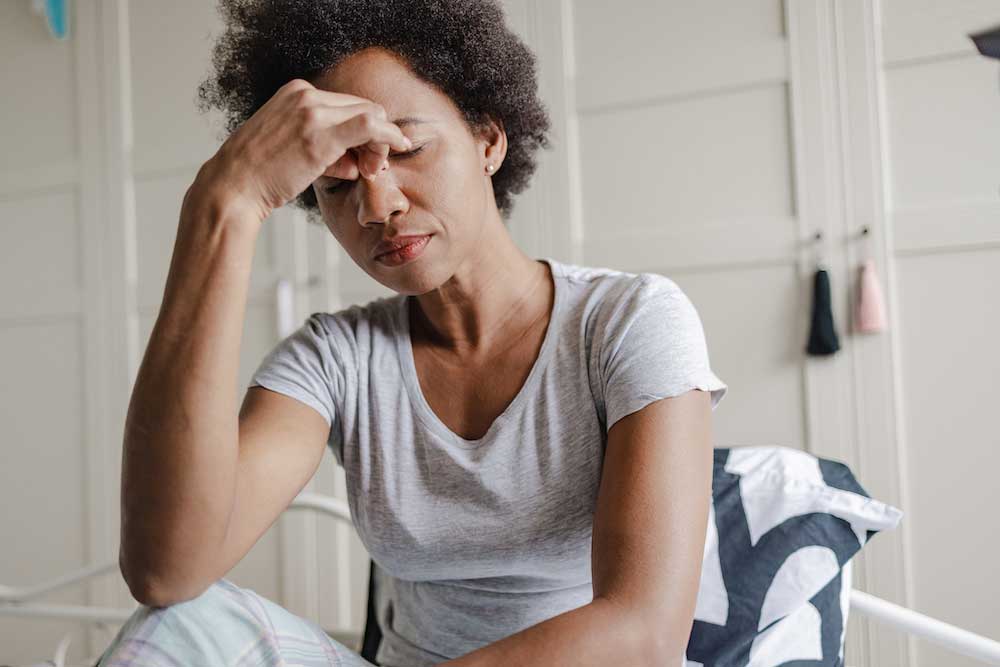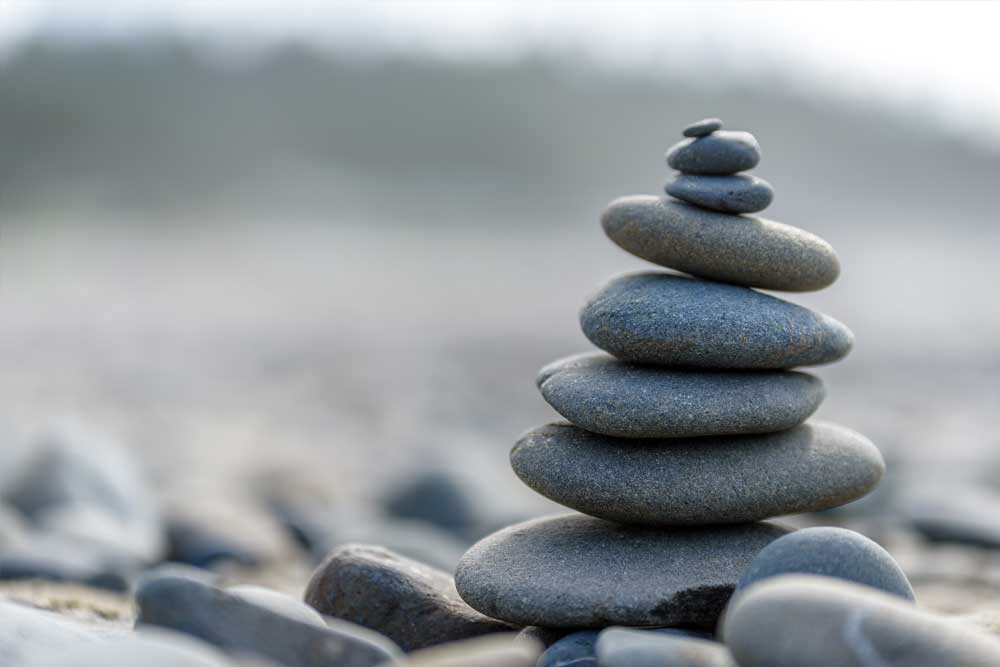FATIGUE DEFINITION
Fatigue is when the feeling of tiredness is overwhelming and isn’t relieved by sleep or rest.
Discover your personalized treatment options

HOW LIKELY IS MENOPAUSE TIREDNESS?
- Tiredness is one of the most common symptoms of menopause.
- 40-60% are known to suffer from disturbed sleep and sleep disturbance at menopause, and most will feel fatigued as a consequence
Read more about the stages of menopause.
HOW CAN YOU MINIMIZE MENOPAUSE EXHAUSTION?
2. Take care of your diet. Certain vitamin and nutrient deficiencies, including low iron and low B12, can contribute to fatigue. Read more about weight gain during menopause.
3. Good sleep hygiene. Avoid naps in the late afternoon and evening and have a regular bedtime and wake time.
4. Reduce stimulants. Avoid any substances which can impact sleep, such as alcohol, caffeine, and tobacco, including eCigs and vapes.
5. Keep cool. Helpful tips include, wear lightweight layers you can remove quickly – you can buy menopause-friendly nightwear engineered to wick away sweat. Use sheets and blankets for bedding instead of a duvet, so you can adapt to your temperature easily. Invest in a cooling face spray and fan for when the heat hits.
6. Wind down before bed. Avoid using any screens before bed (including phones, computers, and televisions).
Would hormone therapy (HT) help?
Yes. HT improves sleep, mood and hot flashes, all of which may lead to tiredness. However, HT comes with risks and is not suitable for everyone.
Read more about HT risks and benefits.
FATIGUE AND MENOPAUSE FAQs
I often felt so exhausted I couldn’t function during the day”





